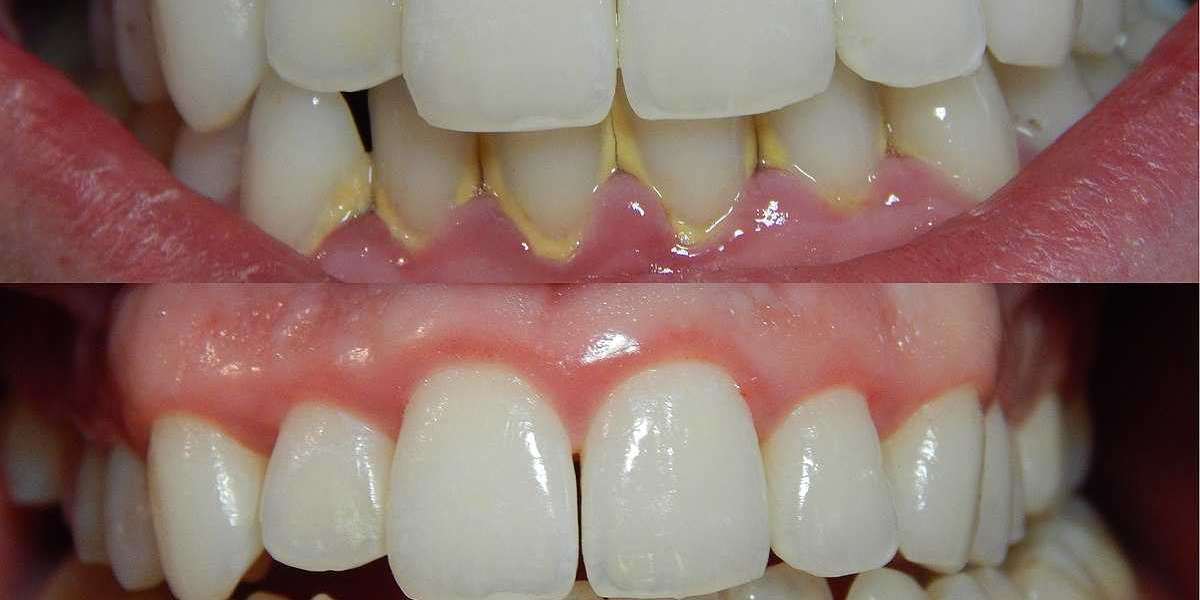Dental scaling is an essential part of maintaining oral hygiene and preventing gum disease. While brushing and flossing are key to daily care, professional dental cleaning through scaling goes a step further by removing tartar and plaque buildup that home care cannot. Many people undergo this treatment but often wonder, “How long does scaling last?” The answer varies based on individual habits and oral health conditions, but a general understanding can help you plan your dental care routine more effectively.
Understanding the Scaling Procedure
Scaling is a non-invasive dental procedure performed by a dentist or hygienist. It involves removing plaque, calculus (tartar), and stains from the teeth—particularly around the gum line and between teeth. This treatment is crucial for preventing or treating gum diseases like gingivitis and periodontitis. The procedure typically takes 30 to 60 minutes and may be done manually with dental instruments or using ultrasonic scalers.
After scaling, your teeth feel cleaner and smoother. However, this clean state doesn't last forever. The duration of the effects depends on multiple factors, including oral hygiene practices, diet, and overall health.
How Long Does the Effect of Scaling Last?
For most people, the results of a dental scaling can last between 4 to 6 months. However, those with excellent oral hygiene may stretch this to 9 or even 12 months. Conversely, individuals who smoke, consume high-sugar diets, or neglect regular brushing and flossing may notice tartar buildup within just a few months.
For those living in the capital, professional Teeth Scaling in Islamabad is readily accessible and performed using advanced tools and techniques. Maintaining the results of this procedure requires commitment beyond the dental chair. Proper brushing, flossing, and regular dental check-ups play a significant role in prolonging the benefits of scaling.
Factors That Affect How Long Scaling Lasts
Several variables influence how long the effects of scaling endure:
Diet: Frequent consumption of sugary or acidic foods accelerates plaque formation.
Oral Hygiene: Brushing twice a day, flossing daily, and using mouthwash can significantly extend the results.
Smoking: Tobacco use promotes faster tartar buildup and staining.
Saliva Composition: Some people naturally produce more plaque-forming bacteria in their saliva.
Dental Alignment: Crooked or crowded teeth are harder to clean, leading to faster accumulation.
Tips to Prolong the Results of Scaling
To maintain the cleanliness and health achieved after scaling, consider the following practices:
Brush your teeth twice a day with fluoride toothpaste.
Use an antiseptic mouthwash to kill bacteria.
Floss at least once a day to remove debris between teeth.
Avoid excessive consumption of sugary or starchy snacks.
Drink plenty of water to neutralize acids and wash away food particles.
Schedule regular dental check-ups every 6 months or as advised by your dentist.
When Should You Go for the Next Scaling Session?
While the general recommendation is to undergo scaling every 6 months, your dentist might suggest a different frequency based on your oral health. Patients with gum disease, braces, or specific medical conditions may need more frequent cleanings. If you notice signs like bleeding gums, bad breath, or plaque buildup, it’s wise to consult your dentist sooner.
Conclusion
Dental scaling is a powerful preventive measure that contributes to long-term oral health. While the effects typically last 4 to 6 months, good habits can help you maintain a cleaner, healthier mouth for even longer. For those seeking reliable care, you can count on the professionals at the Royal Cosmetic Surgery PK to deliver exceptional results and guidance for sustaining them




